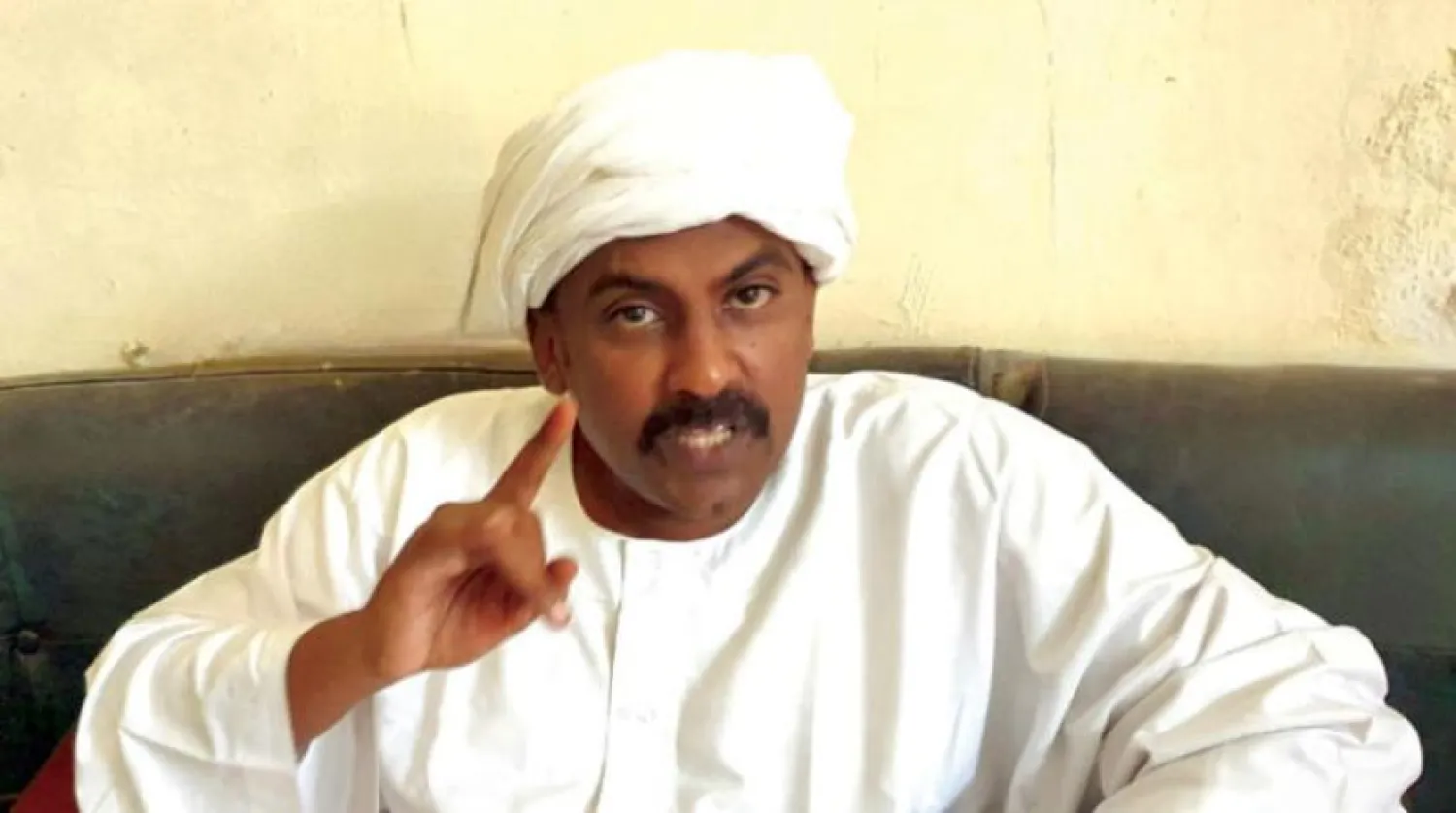Mohammed al-Faki Suliman, a former member of Sudan’s ruling Sovereign Council, expressed his optimism that the military would cede power to civilians in his country.
In an interview to Asharq Al-Awsat, he hoped that a national government of non-partisan specialists would be formed.
The Forces of Freedom and Change do not want a new partnership with the military, he declared.
Faki was detained along with dozens of other officials during the October 25 military coup and was released a month later as part of a deal between the military and then Prime Minister Abdalla Hamdok. The premier resigned in January after failing to bridge the gap between the generals and the protest movement.
Saudi role
Faki hailed Saudi Arabia’s role in Sudan, saying Riyadh has become “one of the Arab world’s most influential capitals.”
It has become a major player in a majority of regional countries, due to the stability and major influence boasted by the Kingdom and the wise policies shown by its leadership.
Faki noted the close relations between Saudi Arabia and Sudan and the many common interests they share. This makes Saudi Arabia keen on Sudan’s stability. These interests include the security in the Red Sea and the oil and tourism sectors.
Saudi Arabia envisions achieving cooperating between countries that oversee the Red Sea. This is one of the political alliances the Kingdom is working on, Faki said.
Moreover, Sudan boasts massive investment potential that can be exploited by Saudi Arabia in the agriculture, transportation, light industries sectors and others, he continued.
Saudi Arabia envisages major investments in Sudan, but they hinge on achieving stability in the African country and its neighbors.
Dialogue with the military
Commenting on the ongoing dialogue between the Forces of Freedom and Change and the military, Faki said it is focused on ending the October coup.
“We have spoken frankly about the openness of exchanging ideas about resolving the complicated situation and we are awaiting the military’s vision about the issue,” he told Asharq Al-Awsat.
The Forces of Freedom and Change and the people are opposed to holding direct negotiations with the army, he added, saying that exchanges are being made on written papers and through international monitors.
He vowed that the revolutionary forces will be included in every step taken by the Forces of Freedom and Change and that the people will be constantly updated on developments.
“If an agreement is reached on ending the coup and the return of the military to their barracks, then no one would be opposed to holding direct talks to fully arrange the situation,” he stated.
Faki adamantly rejected claims that the Forces of Freedom and Change were seeking partnership with the military.
“Partnership means having civilians and the military at state institutions. If we were to form a sovereign council and a civil government, that does not mean that partnership would not exist. In order to put such fears to rest, we will not allow any arrangement that would allow the military to meddle in state management,” he stressed.
“At the same time, the Forces of Freedom and Change alone will not be alone in shaping the new scene in Sudan,” he went on to say.
Assurances to the military
On providing assurances to the military in exchange for their return to the barracks, Faki said this issue needs further discussions about the current concerns and the violations related to “selective justice” that were committed.
This issue concerns all the Sudanese people, who paid the price in blood during the revolt.
Faki said he remained optimistic over the situation.
“I am not skeptical of the current dialogue and believe that an agreement can be reached that would preserve the stability of the country,” he remarked.
“The voice of the Sudanese people will ultimately prevail,” he stressed. “If they want a partisan government, then they will have their representatives in it. If they want something else, then it is up to them to choose.”
On the position of the youth and revolutionaries on the dialogue, Faki said they reject negotiations and partnership with the military.
They are warily awaiting the outcome. If it meets their demand for the army to return to their barracks and the formation of a civilian government, then they will support it.
If a “weak agreement” is reached, similar to the one struck between Hamdok and military chief Abdul Fattah al-Burhan on November 21, then they will reject it and continue the revolt, predicted Faki.
“The Forces of Freedom and Change are under immense pressure and they are being closely watched by the people on the street,” he said.
Asked what would transpire should the dialogue between the civilians and the military fail, he replied: “Nothing will happen.”
“We agreed to dialogue at the specific demands of the people on the streets and we are determined to fulfill them,” he vowed.










